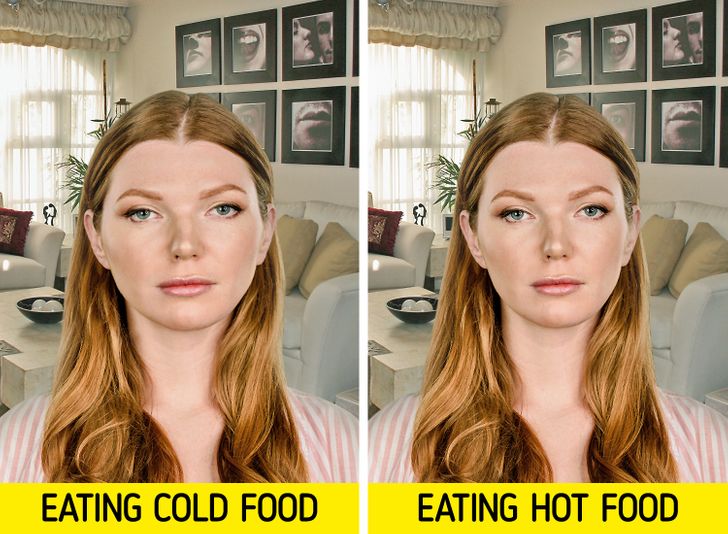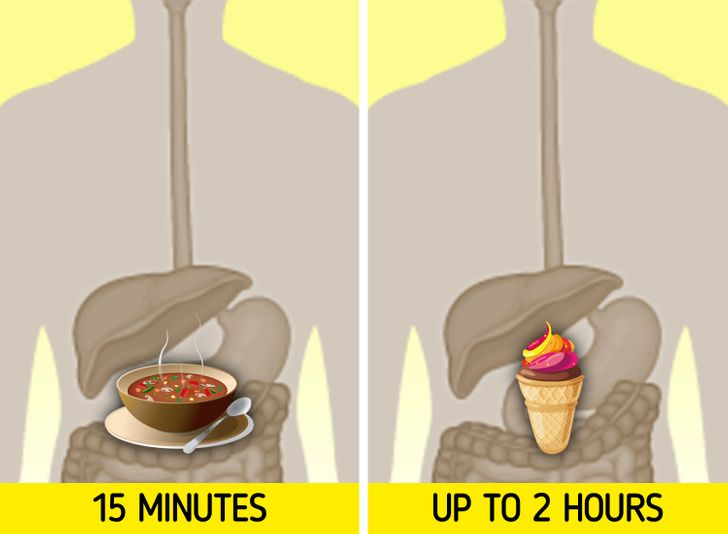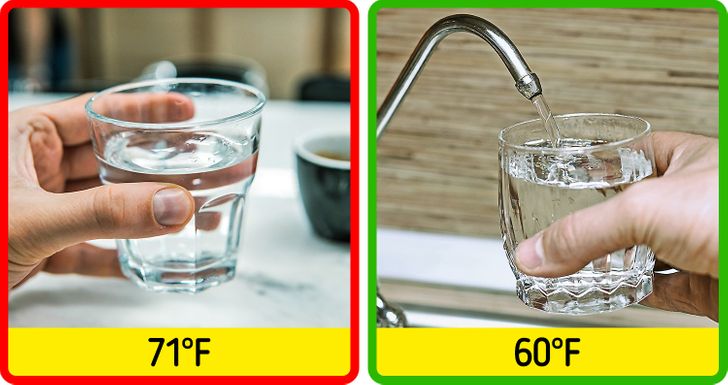Share this @internewscast.com
Food is not just about taste and texture; the temperature of your meals can also have a significant impact on your health. From influencing calorie consumption and digestion to affecting your body temperature and satiety, hot and cold foods offer unique benefits and challenges. With growing interest in healthy eating, metabolism, and nutritional benefits, understanding the effects of food temperature is key to optimizing your diet for better health.
In this article, we explore six distinct ways that hot and cold food affects our body. Backed by expert insights and scientific research, these findings can help you make informed dietary choices. Whether you’re striving for weight management, better digestion, or improved nutritional intake, the temperature of your food may play a role in achieving your health goals.
Let’s dive into the science behind these intriguing effects and discover how modifying the temperature of your meals could enhance your overall well-being.
Those Who Choose Cold Meals Consume More Calories

Recent studies suggest that individuals who frequently opt for cold meals may end up consuming more calories compared to those who prefer hot meals. Several factors contribute to this phenomenon.
Understanding Caloric Intake and Food Temperature
Palatability and Portion Size: Cold foods are often served in larger portions or come with more added ingredients like dressings and condiments, which can increase the overall calorie count.
Temperature and Satiety: Cold meals may not trigger the same level of satiety signals as hot meals. Hot foods can stimulate digestive enzymes and hormones that help you feel full faster.
Metabolic Response: Some research indicates that the body may require extra energy to warm up cold food to body temperature, potentially increasing metabolism slightly; however, this energy expenditure does not necessarily compensate for the higher calorie intake.
For more on how meal temperature can influence caloric intake and weight management, check out Healthline’s insights on calorie consumption.
Our Body Has More Trouble Digesting Cold Food

Why Cold Food May Slow Down Digestion
Hot Food Tends To Be More Nutritional

The Nutritional Advantages of Hot Food
For more details on how cooking methods affect nutrition, see Medical News Today’s article on food and nutrition.
Cold Water Is Absorbed Faster Than Hot

The Science Behind Water Absorption and Temperature
For more insights on hydration and water temperature, check out WebMD’s guide on the benefits of cold water.
Hot Food Keeps You Full For Longer

How Hot Food Enhances Satiety
Cold And Hot Food Can Increase Your Body Temperature

The Dual Impact of Food Temperature on Body Heat
Integrating Temperature Awareness Into Your Daily Diet
The Role of Food Temperature in a Holistic Health Strategy
Complementary Lifestyle Habits
For additional insights on integrating holistic health strategies, visit WebMD’s wellness section.

















